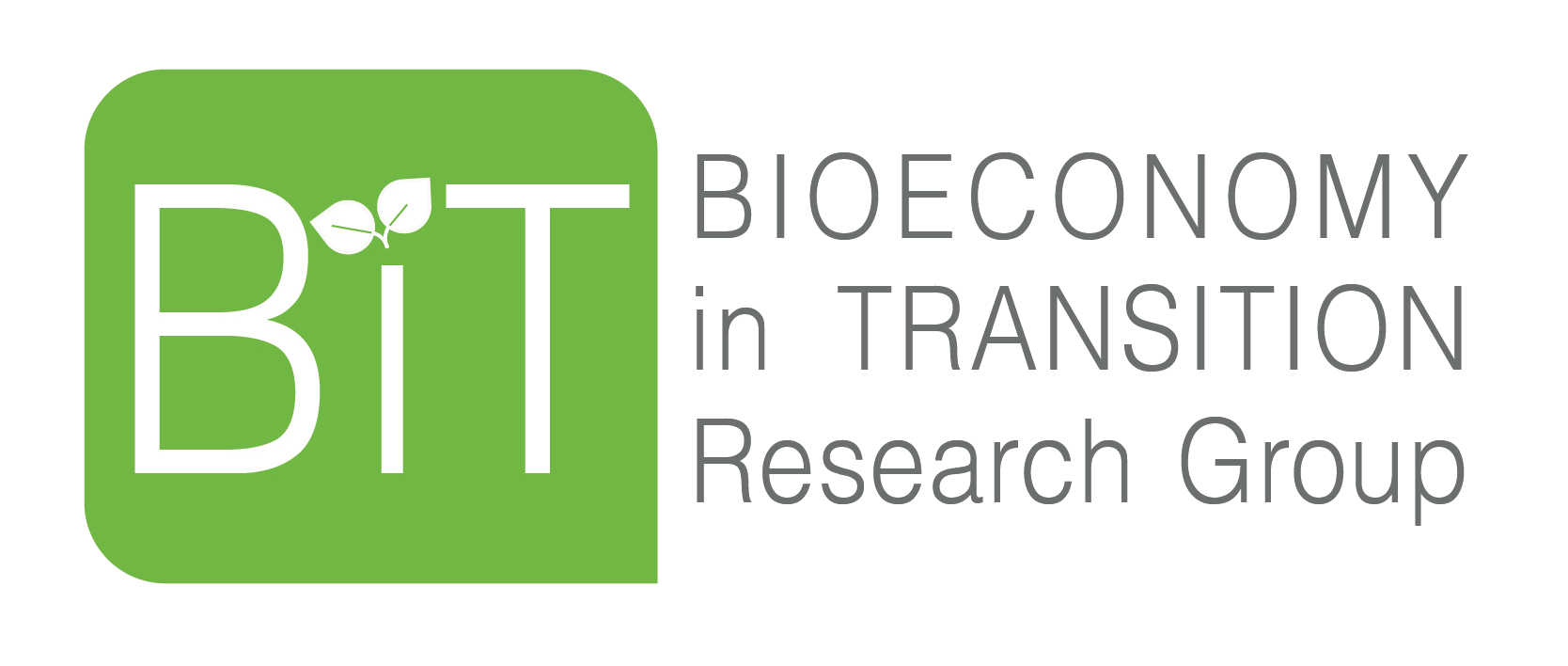The world population, standing on 7.2 billion people in mid-2014, is projected to increase by almost one billion people within the next decade, and further to 9.6 billion in 2050, a fact which will determine growing consumption and demand for food and other goods, increasing in parallel the rate of waste production and depleting the amount of available resources.
At the same time, large and fast-growing economies (e.g. China and India, which) will experience increasing wealth. The composition of the global population will therefore change significantly. Over the next 15 years, the number of people considered to be part of the global middle class is projected to nearly triple, increasing from 1.8 billion in 2009 to 4.9 billion by 2030 and the bulk of this growth will come from developing countries.
These are some of the so-called grand societal challenges. In the attempt to address these challenges we created BiT: an interdisciplinary research group conducting policy-oriented research.
Most of our research activities are channelled in the following intertwined strategic areas:

Sustainabile transitions towards a circular bioeconomy
Modern society has a dire need of bringing together economic efficiency, low environmental impact technologies, and alternative feedstocks to conventional fossil fuel and raw materials. This need calls for an efficient management of biomasses.
Bearing these facts in mind, a transition from a society heavily based on mass consumption, uncontrolled waste generation, and heavy fossil fuels exploitation toward one based on resource-efficiency, new production and consumption behaviours, waste reduction, reuse, and valorization, seems a desirable and much needed feat.
This change involves a paradigm shift, which goes beyond technological change – it involves big societal and institutional changes as much as the development of radically new technologies. Hence, a strategic research area of BiT attempts to address, from different angles and apply a transdisciplinary perspective, whether this transition is accomplishable in the near future, and what will it take for it to occur.

Sustainable food system
Food waste valorisation is a key area of research to provide answers to the emerging societal challenges. The valorisation of food waste has many advantages. It is a rich source of functionalised molecules and contains valuable extracts for various applications (e.g. resins from cashew nut shell liquid), avoiding the use of virgin land and water resources.
In addition, it solves a waste management issue and represents a sustainable renewable resource; making the valorisation of food waste doubly green!
Indeed, food waste has recently emerged as a resource with a significant potential to enhance a biobased economy given both its increasing quantities generated worldwide and the parallel development of environmentally sustainable food waste management technologies.
This line of research on food waste is pursued by BiT members within the European COST project (Action TD1203) EUBIS. The main objective of this project is to provide an integrated alternative renewable source of carbon for the production of industrially relevant bio-derived chemicals, fuels and materials via the exploration of novel and advanced routes for food supply chain waste valorisation.
